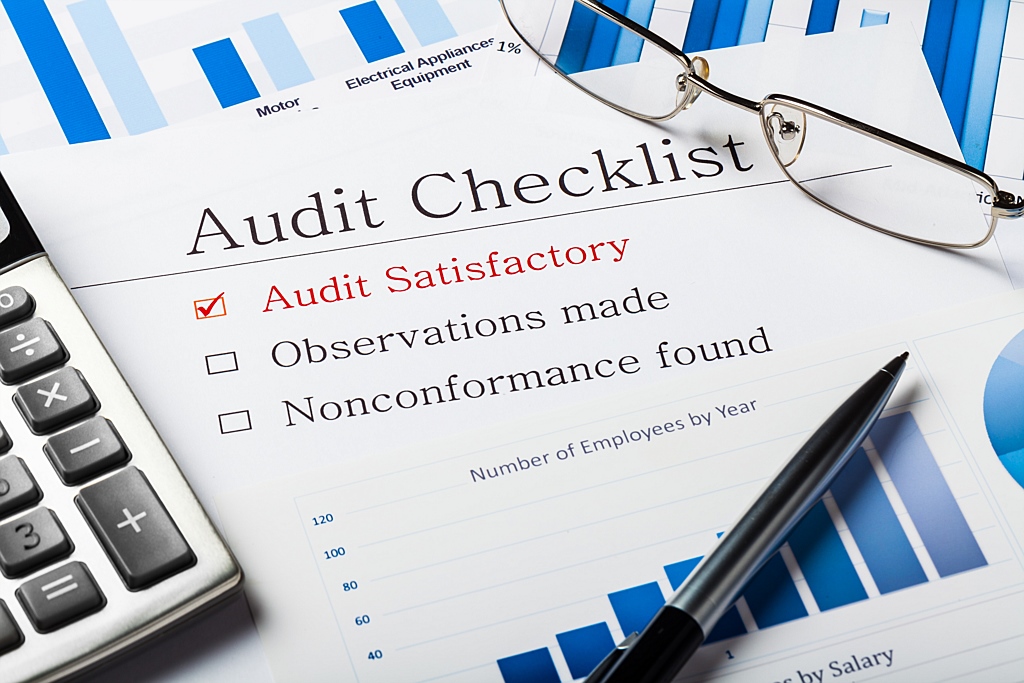When you finally decide it is time to prepare your taxes, the first question is whether you should itemize your deductions or take the standard deduction provided by the IRS.
Tax deductions are a very simple part of a theoretically simple tax reporting system. If you’ve ever prepared your own taxes, you know this simply isn’t true. Complicated tax forms can be a nightmare to fill out. Ever helpful, the IRS gives you an option of just taking a standard deduction instead of itemizing your deductions. So, what should you do?
The standard deduction is the easiest method because it requires no calculations or supporting documentation of any sort. You figure out your adjusted gross income and simply submit the amount for your classification. The amount differs based on whether you are filing as single, married, older than 65 or have kids.
Many people scoff at the mere idea of taking the standard deduction. As with all tax issues, deciding whether to take the standard deduction isn’t so easy. If you have a fairly simple financial life and don’t have many deductions, the standard deduction is almost always the best choice. For instance, if you make $45,000 as an employee of a company, rent a residence and don’t have any major medical bills or losses, the standard deduction is probably going to save you more money than itemizing. Unfortunately, you can never be sure until you take a stab at itemizing your deductions in a rough draft of a tax return.
Itemizing your deductions is exactly what it sounds like. You literally go through your records and categorize every possible deduction. These deductions are then subtracted from your adjusted gross income to get a final figure from which tax is determined using the tax tables. Itemizing is the way to go if you have significant tax deductions or tax credits in your financial life. For instance, you almost always want to itemize if you own a home as mortgage interest can be deducted. Generally, you want to itemize if you own a home, have significant medical bills, can claim a tax credit or suffered some type of major loss. Obviously, there are other situations where itemizing makes sense, but this gives you an idea of the situation.
If you have a simple financial situation, claiming the standard deduction may be the answer. If life is a bit more complicated, itemizing is probably going to save you more on your tax bill.
At Peavy and Associates PC our mission is to assist you with all your tax preparations, payroll and accounting needs. We provide our clients with professional, personalized accounting services and guidance in a wide range of financial and business needs. Give us a call today and discover why our clients return to Peavy and Associates, PC year after year!










